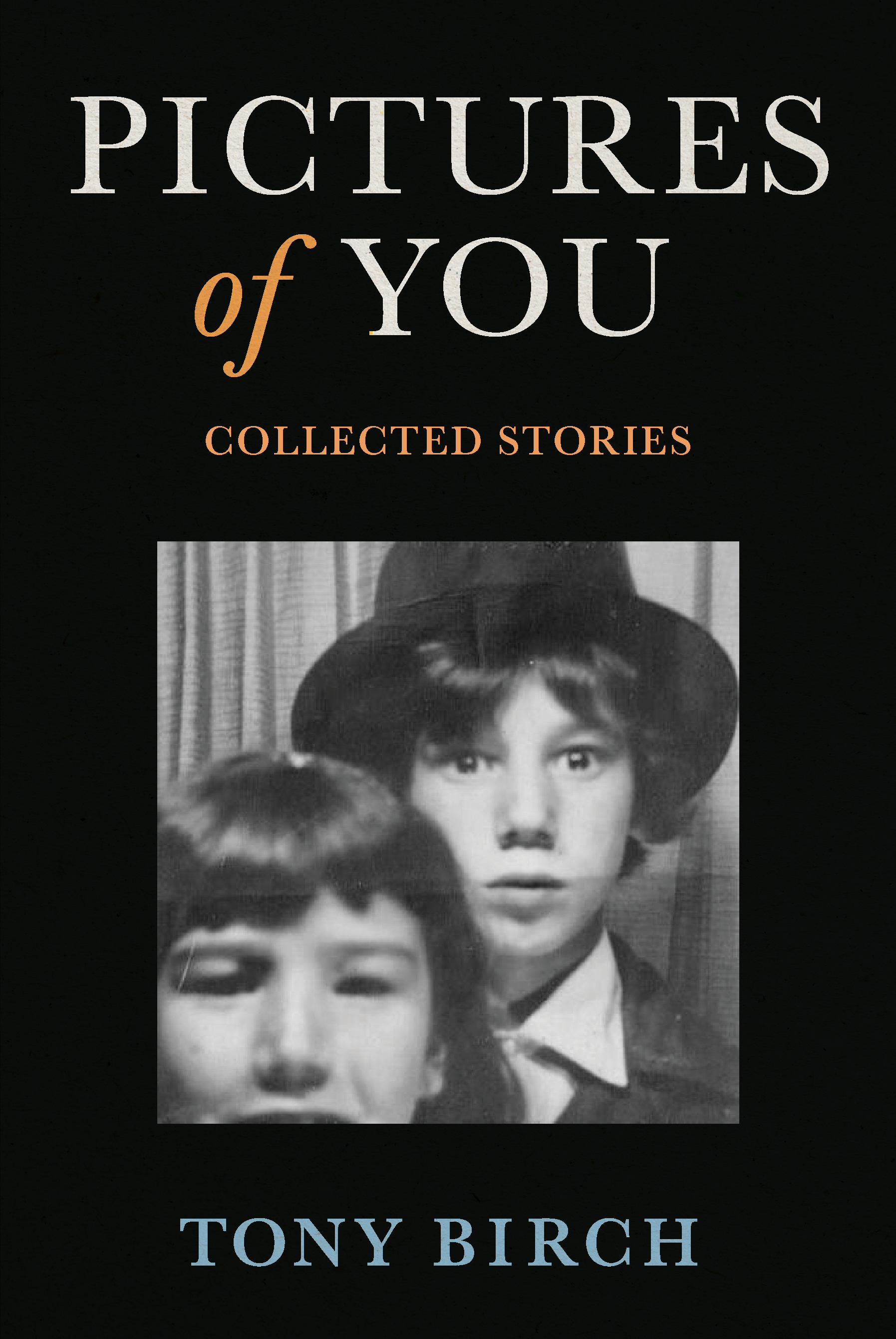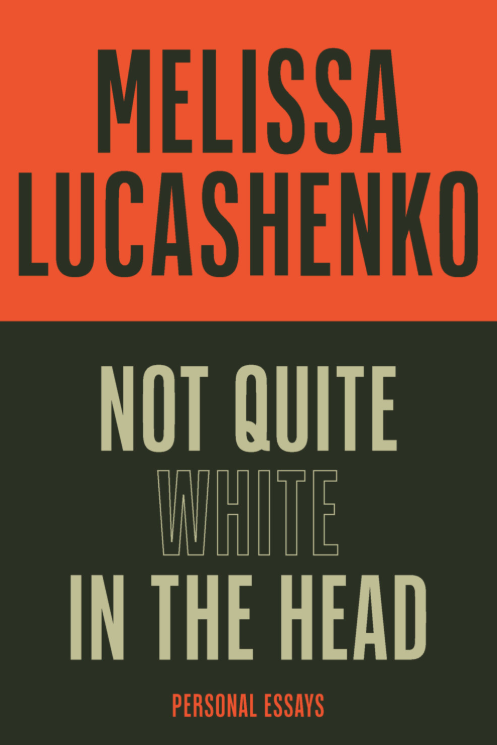Book reviews
Book reviews
UQP
By on
Book title: Pictures of You by Tony Birch

Reviewer: Kennedy Estephan
It’s not often that a collection of short stories written by the same author engages so thoroughly. Perhaps it is the gravity of the themes tackled—domestic violence, cultural loss and unresolved father-son issues, to name a few; Or the way the characters are drawn: human, flawed and relatable despite their marginal existence. Or it could be the prose itself: profound and yet simple, personal and yet universal, evocative and yet grounded. Or perhaps even the perspectives employed, many belonging to vulnerable kids growing back in the nineteen sixties and seventies in city suburbs, all of which provide the reader with a precious glimpse of complex and hard worlds inhabited.
Pictures of You evokes a kaleidoscope of emotions and is utterly immersive. In China, the reader burns with jealousy alongside Cal as he spies on his ex-sweet heart standing naked and brushing her hair before her admiring husband. In Baby Moses, readers will squirm along with the good cop upon realising that the old blackfella he’d stopped walking on the main road actually belonged to the Stolen Generation and was on his way back to what was now an all-white town to visit his mother’s ancestral land. In Fred Slim, Snare and The Death Star, there will be relief at seeing Karma catch up with the villains and justice served. And in both The Death of Michael McGuire and The Promise, readers will laugh wholeheartedly when in the former, Mick is unable to kill himself even after firing a bullet into his own head. In the later, there is humour in the husband trying to win back his estranged wife, and in his drunken state, has forgotten what words he’s prepared in his own defence. Many times the reader will pause to stare off into the distance, pondering a thought or an image just shared, appreciating its depth, cherishing it …
Pictures of You is a colourful trove of tales. It engages the reader, no matter his/her background or perspective on life, and offers precious moments of release which often present themselves unexpectedly in the form of an afterthought, a rhetorical question posed at the end of a narrative, or some peripheral scene of life going on despite the narrator’s own dilemmas. The collection is unique. It epitomises the kind of fiction that remains true to its characters, the restrictive parameters of their existence, and refuses to follow any formula to please or appease. It’s an honest work— the secret ingredient for the collection’s appeal. No wonder it touches in more ways than one, and enriches.
Pictures of You is a keeper. This copy will reside on your shelf alongside other volumes of poignant Australian literature. A highly recommended read.
Loved reading about Pictures of You? Imagine the impact of helping a child discover their first favourite book.
By supporting Booktober, you’re helping the next generation in Western Sydney and regional NSW find their voice - and maybe even write the books you’ll be reading in the future.
Donate today at booktober.org.au/donate
Or Support a Bookworm like Kennedy at booktober.org.au/users/kennedy-estephan
Reviewer’s bio:

Born in Lebanon, Kennedy Estephan was raised and educated in Beirut. He graduated at the American University of Beirut (AUB) with a degree in science, but continued his tertiary education at UNSW after having migrated to Australia in the late eighties. A winner and a finalist in many literary competitions, Kennedy’s stories have been appearing in literary journals and anthologies since the nineties. In 2021, he was the recipient of a Varuna Residential Mentorship Program through WestWords. In 2023, his entry ‘From High Above’ was the winner for Canterbury/Bankstown LGA in a short-story competition, also organised by WestWords. Kennedy is the author of three full-length works of fiction. Currently, he’s reworking one of the manuscripts after it was chosen for WestWords 2024 Accelerator Program. Kennedy works as a science teacher and lives with his family in south-west Sydney.
Book title: Not Quite White in the Head by Melissa Lucashenko

Reviewer: Samantha Lee
Melissa Lucashenko is best known for her award winning Edenglassie whose complex characters are brought to life with humour and compassion, their stories interweaving the past and the present. It’s no surprise then, that her collection of personal essays Not Quite White in the Head explores how the past has impacted the present, and importantly, the possibilities for the future.
Lucashenko does what she does best, telling stories about people, and in doing so creates a whole picture of what it means to be Aboriginal in Australia today. The collection opens with ‘A Lismore Story’, an essay about her experience in an almost shooting and being locked down in Southern Cross University, Lismore Campus, in the Indigenous Student Centre; a place of sanctuary and safety. This sets up the rest of her book, as we see the present echoing the atrocities of the past despite the assumptions that we’ve come so far.
Her confronting and provocative essays are so necessary in an Australia today where people forget the lasting impacts of colonisation. Within these stories, she shares how it has impacted every facet of society, tackling institutions in the way Australia is governed including forcing people into cycles of poverty, the penitentiary system, treatment by the police, treatment by individuals and the representation of First Nations people within literature.
‘The First Australian Democracy’ is a compelling read about First Nations people inventing democracy and the structural power women had within them. However, there is a sad irony in realising that today’s Australian democracy makes Aboriginal people feel excluded from participating, as she laments, ‘There is simply nowhere safe for Blak people to exist in mainstream Australia.’ It is impossible to read this without considering the context of deaths in custody, Aboriginal people being murdered with unjust sentencings, lower life expectancies, and of course the Australian public voting no against the voice just over two years ago.
What I really enjoyed reading was about Lucashenko’s perspectives of other Australian writers and how she met her mentor. Seeing her engage with literature gets us into the minds of one of the best that Australia has to offer. Her criticisms of Malouf and Winton, Australian writers who are constantly on the HSC prescriptions, are thoughtful, yet she is also able to appreciate what they do well. However, it does make us consider the texts chosen by institutions to be texts worthy of study as Lucashenko has not had a full length text set for study in NSW, further reinforcing her argument about representation of First Nations people. What I found most compelling was her discussion of the dying race trope, where in literature, we see First Nations people as dead and the culture dying, but Lucashenko shows that it is very much alive, challenging this trope in her essays and her novels.
This collection is heart-wrenching, yet within her seriousness, are glimpses of Lucashenko’s wry humour; something fans of her work are familiar with. Her ability to create paragraphs that break your heart and in the next breath make you laugh, make her seem more than just a literary great, but someone incredibly down-to-earth with an intense compassion for others.
This book should be mandatory reading for every person living in Australia or who identifies as Australian. Lucashenko brings stories to life, making us well aware that we need to do better as a society and that we could all be better allies.
Loved reading about Not Quite White in the Head? Imagine the impact of helping a child discover their first favourite book.
By supporting Booktober, you’re helping the next generation in Western Sydney and regional NSW find their voice - and maybe even write the books you’ll be reading in the future.
Donate today at booktober.org.au/donate
Or Support a Bookworm like Samantha at booktober.org.au/users/samantha-lee
Reviewer’s bio:
Samantha WL Lee writes short stories, poetry, essays and novels. She was shortlisted in the 2022 WestWords/Ultimo Prize for her manuscript Bound and completed the WestWords Fellowship in 2023. Samantha has been shortlisted for multiple Needle in the Hay flash fiction competitions and has been published in SBS Voices and FemAsia Magazine.
